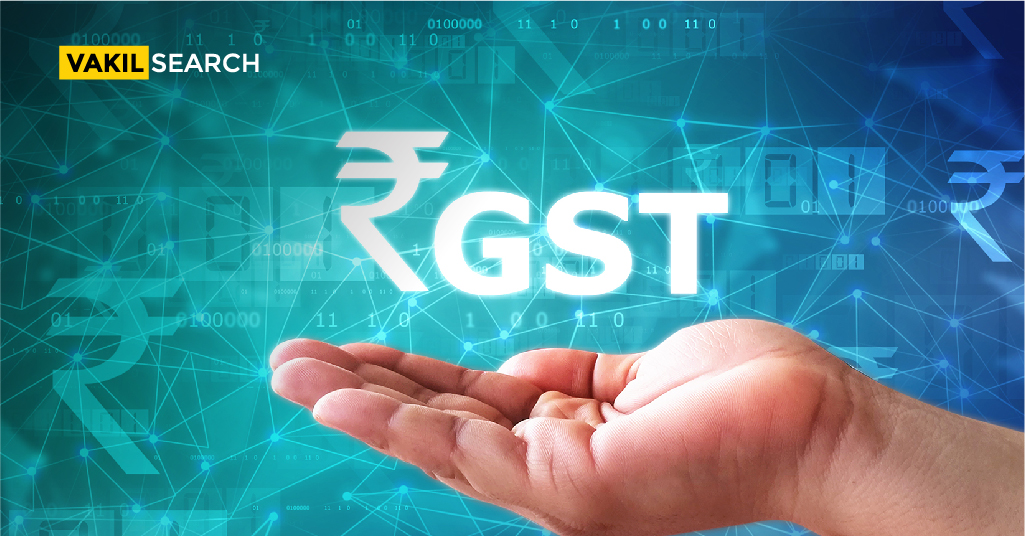Did you know you can get arrested by any authorised CGST/SGST officer? Get answers to these questions and more!
GST has been introduced by the government to replace multiple taxes like excise duty, service tax, value added tax, etc. It has been applicable from 1 July 2017. GST is a tax levied on goods and services sold within India. It replaces the existing system of indirect taxation. Now, let’s see what is arrest under GST.
When Can Someone Be Arrested Under GST?
A person who has committed an offence under Section 132, any approved CGST/SGST officer may arrest them for any offence committed including anything done on GST apply online. The concerned person will be informed of the reason for their detention. In the event of a cognisable offence, he will appear before the magistrate within 24 hours.
What Are the Offences?
Felonies under Section 132 where arrest regulations are applicable:
- A taxable person providing goods or services without issuing an invoice or a false invoice is held accountable for a felony
- In breach of the GST regulations, they issue any invoice or bill that does not include the supply of goods or services
- Negligence of filing GST with the government within three months
- Even if they collect GST in infringement of the provisions, they must still deposit it with the government within three months. Failure to do so will result in a GST offence
- An individual who has already been convicted for a previous u/s 132 offence and this is a second offence of the person held accountable.
Section 132 states with arrest provisions it is understood that an individual can be arrested in case of tax evasion exceeding the amount of ₹200 lakhs. If the individual has previously been convicted of an offence under Section 132.
What Is the Difference Between a Cognisable and a Non-cognisable-Cognisable Offence?
- Cognisable crime means a person held accountable or suspected could be arrested without a warrant. It can be murder, robbery, counterfeiting, and terrible crimes
- To make an arrest where police are required of an arrest warrant from the judicial authority. Offences like public assault, forgery, and defamation are non-cognisable offences.
Cognisance of the Offence Under Gst
Without the authority’s approval the court cannot take cognisance of any offence punishable. Such a crime is only to be prosecuted by a Magistrate of the First Class.
Transform your financial outlook – Click now to use our GST Calculator for insightful results.
FAQs – Arrest Under GST
Who can summon someone for evidence?
The proper official can summon any person to give testimony or produce documents. Anyone who has been summoned must come on their own or through a representative. They'll testify under oath.
Who can access business premises and inspect books?
A CGST/SGST joint commissioner will have access to any registered taxable person's place of business. To carry out any audit or verification in the interest of revenue, the officer has full authority to inspect books of account, papers, computers, and other relevant items.
Which officers are required to assist CGST/SGST officers?
The people employed in police administration, railways, customs department, state government and central government in collecting GST, officers who collect land revenue, and village officers are required to assist the CGST/SGST officers. The Commissioner of CGST/SGST can also require any other class of officers to assist the CGST/SGST officers.
Conclusion
The seizure and arrest provisions sound harsh as GST: https://www.gst.gov.in/ is economic legislation, not criminal legislation. The Commissioner has the power to make arrests based on suspicion.
For a person who is an honest taxpayer who did not pay GST because the person believed it did not apply to him may have his goods seized and him arrested. It could be a case of incorrect interpretation of the law, for which a penalty could be imposed, but arrest seems excessive. Because GST is a new law, there should be more clarity on the circumstances under which a person can be arrested.



